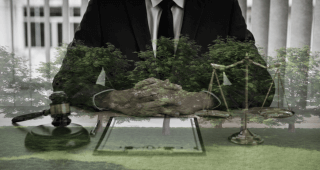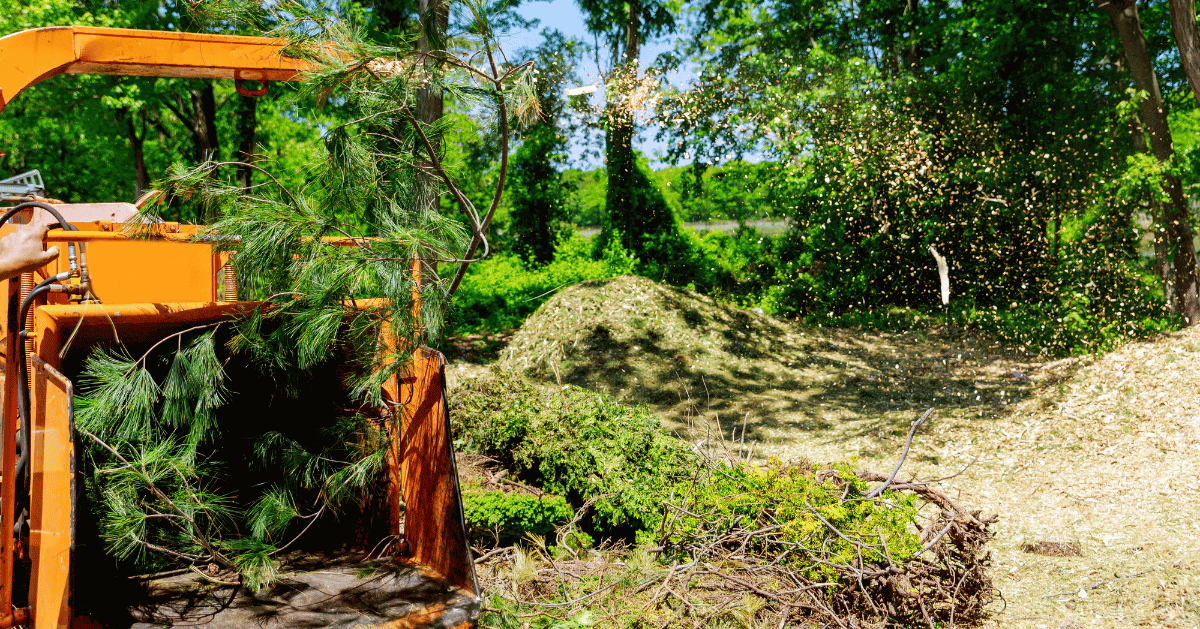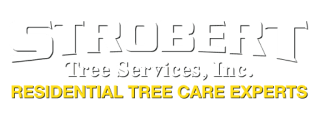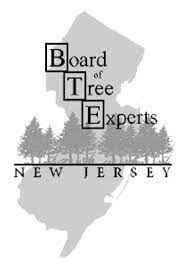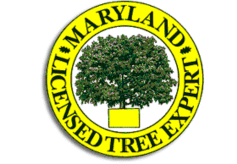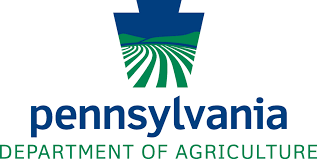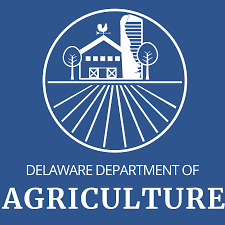Trees play a vital role in our environment, adding beauty and shade to our landscapes. However, they can also pose challenges, particularly when encroaching on property lines, posing safety hazards, or requiring removal.
To navigate these issues effectively, it's essential to have a good grasp of Pennsylvania tree laws. This article will explore various aspects of PA tree laws, from municipal regulations to neighbor disputes.
Municipalities in PA
Before delving into specific tree laws, it's important to note that Pennsylvania's tree regulations can vary between municipalities. Local ordinances and rules often dictate tree-related matters within a specific area. Therefore, you must check with your local municipality to understand any unique regulations that may apply to your property.
Pennsylvania Law Regarding Fallen Trees
In Pennsylvania, the law generally places the responsibility for fallen trees on the property owner where the tree originated. This means if your neighbor's tree falls onto your property and causes damage, it's typically your neighbor's responsibility to cover the cost of the damage and the removal of the fallen tree.
However, suppose the fallen tree damages your property because of your negligence, such as failing to maintain it adequately. In that case, you may be responsible for the damages, even if it was your neighbor's tree.
Tree Removal Permits
Many Pennsylvania municipalities require tree removal permits before removing certain trees. The rules around tree removal permits can vary widely, so it's crucial to check with your local municipality to determine whether you need a permit.
Permits are often necessary to remove significant trees or trees within specific areas, like conservation districts or historic districts. Failure to obtain a required permit could result in fines or other legal consequences.
Who Is Responsible for Trees in the Right of Way?
Trees located in the right of way, which is typically the strip of land between the road and private property, are usually the responsibility of the municipality or local government. They are responsible for trimming, maintaining, and removing trees in the right of way to ensure public safety.
If a tree in the right of way poses a danger or has become hazardous, contact your local government or public works department to report the issue. They will assess the situation and take appropriate action.
PA Law and Tree Roots
Tree roots can often be a source of disputes between neighbors. Pennsylvania law generally states that property owners have the right to trim tree roots that encroach on their property, even if it may harm the tree. However, you must exercise reasonable care when trimming roots to avoid causing unnecessary harm to the tree.
If a neighbor's tree roots are causing damage to your property, consider discussing the issue with them first. It's often best to resolve such matters amicably through communication and, if necessary, cooperation.
Who Is Responsible for Trees Close to the Road?
The responsibility for trees near the road can depend on their location. Trees on private property but near the road are usually the property owner's responsibility. However, as mentioned earlier, trees growing within the right of way are typically the municipality's responsibility.
If you need more clarification about the responsibility for a particular tree, consult your local government or a certified arborist for guidance.
Neighbor Issues: Addressing Common Concerns
Neighbor-related tree issues can be contentious, but understanding Pennsylvania's tree laws can help you navigate these situations.
Here are some common neighbor issues involving trees:
- A Tree or Branch Falls on a Neighboring Property: If a tree or branch from your property falls on a neighbor's property and causes damage, it's usually your responsibility to cover the costs of damage and removal. However, exceptions may apply if your neighbor's negligence contributed to the incident.
- A Tree Threatens to Fall on a Neighbor's Property: If you have a tree on your property that poses a clear risk of falling on your neighbor's property, it's essential to address the situation promptly. You may be liable for damages if you were aware of the danger but failed to take action.
- Tree Limbs Overhang a Property Line: When tree limbs extend beyond your property and overhang a neighbor's property, your neighbor has the right to trim those limbs up to the property line. However, they must exercise care not to harm the tree unnecessarily.
- A Tree Trunk Straddles a Property Line: If a tree trunk physically straddles a property line, both property owners typically share responsibility for the tree's maintenance and related costs. Cooperative decision-making is advisable in such cases to avoid conflicts.
In any tree-related neighbor dispute, communication is key. Open dialogue and cooperation can often lead to mutually agreeable solutions and prevent legal conflicts.
Contact Strobert Tree Services - Leaders in Tree Care in Pennsylvania
When dealing with tree-related matters in Pennsylvania, seeking professional guidance is beneficial. At Strobert Tree Services, we are experts in tree care and can provide advice and services to help you navigate tree-related issues effectively.
Whether you need assistance with tree removal, pruning, or tree health assessments, our experienced team is here to help. Contact us today for expert tree care solutions and ensure your trees are well-maintained and compliant with Pennsylvania's tree laws.


